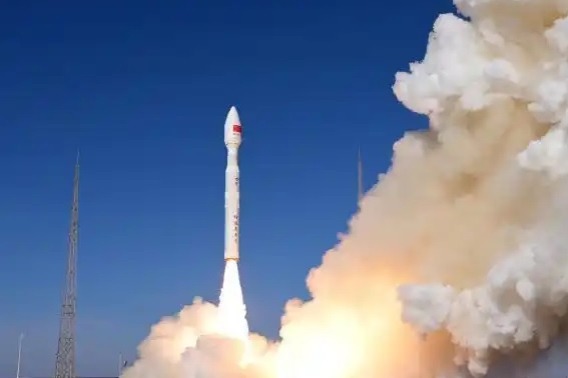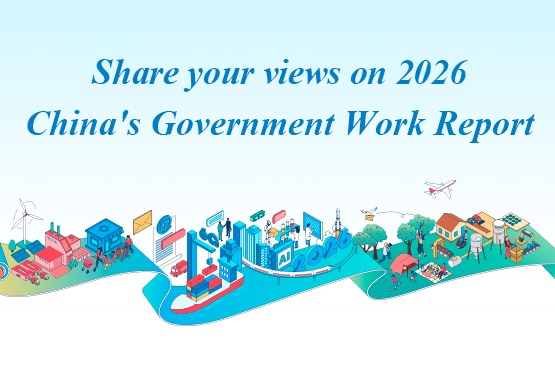China rejects US' virus stigma


China's Foreign Ministry spokesman Geng Shuang said on Tuesday that some US politicians' connection of the novel coronavirus to China is "stigmatization", which China strongly condemns and firmly opposes.
He made the remark when asked to respond at a news conference to United States President Donald Trump's remark on social media late on Monday that referred to the novel coronavirus as a "Chinese virus".
The president defended his labeling at a White House briefing on Tuesday, saying that "I didn't appreciate the fact that China was saying that our military gave it to them. Our military did not give it to anybody."
"We urge the US side to immediately correct its mistake and stop making groundless accusations against China," Geng said, adding that the World Health Organization and the international community had explicitly opposed connecting the virus with a certain country or region.
Given that the epidemic is spreading across the world, Geng said the top priority now is cooperation in combating the virus. The US should mind its own business first and meanwhile play a constructive role in international epidemic cooperation and in safeguarding global public health, he added.
Trump's reference came nearly a week after Robert Redfield, director of the US Centers for Disease Control and Prevention, told a US House hearing that it was "wrong and inappropriate" to use such labels as "Chinese coronavirus", as the virus had expanded beyond China and severely affected other parts of the world.
US Senator Tammy Duckworth said Tuesday that with Asians experiencing increased racism because of the COVID-19 outbreak, it was simply irresponsible and wrong for Trump to stoke fear by calling the pathogen the "Chinese virus".
"Pandemics don't care about race, ethnicity or anything else," the Illinois senator said on Twitter.
Rick Dunham, a veteran journalist and former president of the National Press Club in Washington, told China Daily on Monday: "Viruses do not have a nationality. I think it is objectionable in all cases to connect a disease, a virus, with a geographical location, because diseases are not national, they are global."
Dunham said that the outbreak is bringing out the best and the worst in people around the world, in terms of communities getting together and people sacrificing, but also with some playing a blame game.
"The enemy is the virus. The enemy is not another country," he said. It is "always a bad idea" when there is a pandemic to have a country name attached to it, he said.
Replying to Trump on Monday, New York City Mayor Bill de Blasio said Trump's Twitter post was misplacing blame and could put more Asian Americans in harm's way.
"Our Asian American communities — people YOU serve — are already suffering. They don't need you fueling more bigotry," tweeted de Blasio, whose city had reported at least 810 confirmed coronavirus cases, including seven deaths by Tuesday.
Long Xingchun, an adjunct senior fellow at Beijing Foreign Studies University's Academy of Regional and Global Governance, said that by stigmatizing China, some US officials are not only ignoring the WHO's suggestion not to relate the virus with any country, but are also trying to mask domestic criticism of the US administration's failure to promptly contain the outbreak.
Using inappropriate words to describe the virus when there is no scientific basis for its origin is an attempt to distract the public in the US, Long said.
Pan Mengqi contributed to this story.
- Japanese warship admits receiving advance notice by Chinese aircraft carrier
- Chinese doctor carries out eye surgery in C909 aircraft
- China's happiest cities revealed
- Dual food-security forums in Sanya highlight China-Latin America cooperation
- Mainland urges US to stop arming Taiwan
- Zhang Yonghe receives Li Buyun Law Prize for human rights work




































